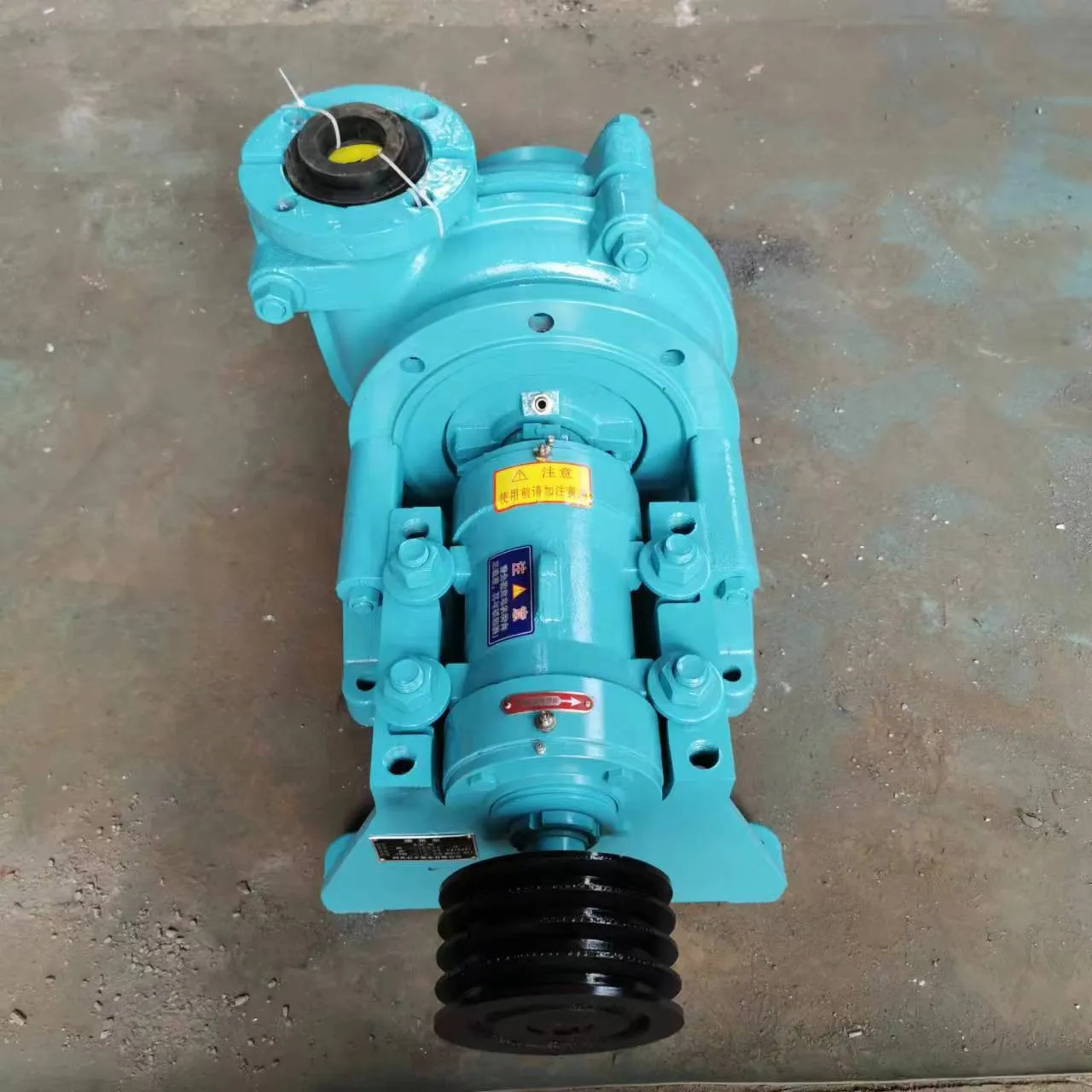Esperanto
- Afrikaans
- Albanian
- Amharic
- Arabic
- Armenian
- Azerbaijani
- Basque
- Belarusian
- Bengali
- Bosnian
- Bulgarian
- Catalan
- Cebuano
- Corsican
- Croatian
- Czech
- Danish
- Dutch
- English
- Esperanto
- Estonian
- Finnish
- French
- Frisian
- Galician
- Georgian
- German
- Greek
- Gujarati
- Haitian Creole
- hausa
- hawaiian
- Hebrew
- Hindi
- Miao
- Hungarian
- Icelandic
- igbo
- Indonesian
- irish
- Italian
- Japanese
- Javanese
- Kannada
- kazakh
- Khmer
- Rwandese
- Korean
- Kurdish
- Kyrgyz
- Lao
- Latin
- Latvian
- Lithuanian
- Luxembourgish
- Macedonian
- Malgashi
- Malay
- Malayalam
- Maltese
- Maori
- Marathi
- Mongolian
- Myanmar
- Nepali
- Norwegian
- Norwegian
- Occitan
- Pashto
- Persian
- Polish
- Portuguese
- Punjabi
- Romanian
- Russian
- Samoan
- Scottish Gaelic
- Serbian
- Sesotho
- Shona
- Sindhi
- Sinhala
- Slovak
- Slovenian
- Somali
- Spanish
- Sundanese
- Swahili
- Swedish
- Tagalog
- Tajik
- Tamil
- Tatar
- Telugu
- Thai
- Turkish
- Turkmen
- Ukrainian
- Urdu
- Uighur
- Uzbek
- Vietnamese
- Welsh
- Bantu
- Yiddish
- Yoruba
- Zulu
Telephone: +86 13120555503
Email: frank@cypump.com
sep . 16, 2024 13:16 Back to list
innovative front liner solutions for enhanced efficiency in ...
Innovative Frontliner Solutions for Enhanced Efficiency in Modern Workplaces
In the ever-evolving landscape of modern workplaces, the role of front-line workers has become increasingly crucial. These individuals are at the heart of operations, responsible for executing the day-to-day activities that drive productivity and customer satisfaction. To stay competitive, organizations must invest in innovative solutions that enhance the efficiency of these employees. By leveraging technology, streamlining processes, and fostering a supportive culture, companies can empower their front-line staff to achieve greater outcomes.
One of the most significant advancements in enhancing front-liner efficiency is the integration of technology into daily operations. Mobile devices, such as smartphones and tablets, can provide instant access to information and resources that front-line workers need. Applications designed specifically for these workers can streamline communication, minimize downtime, and facilitate seamless collaboration among teams. For instance, software that enables real-time inventory tracking ensures that workers can manage supplies efficiently, reducing the risk of stockouts and improving service delivery.
Moreover, the implementation of automation tools can significantly reduce the burden of repetitive tasks that front-line staff often face
. By automating routine activities—such as data entry, scheduling, or customer inquiries—workers can focus on more value-added tasks that require human judgment and creativity. Automation not only boosts productivity but also enhances job satisfaction, as employees can dedicate their time to more engaging and fulfilling responsibilities.innovative front liner solutions for enhanced efficiency in ...

Another innovative approach is the use of data analytics to inform decision-making. By collecting and analyzing operational data, organizations can gain valuable insights into performance metrics, workflow inefficiencies, and employee productivity. This information can guide management in identifying training needs, optimizing resource allocation, and enhancing operational processes. For example, predictive analytics can help forecast peak periods of demand, allowing front-line workers to be better prepared and reducing stress during busy times.
Furthermore, fostering a culture of continuous improvement is essential for enhancing front-liner efficiency. Organizations should encourage open communication and feedback, creating an environment where employees feel valued and empowered to share their ideas for improvement. Regular training programs can also facilitate skill development, ensuring that workers are equipped with the latest knowledge and tools to perform their roles effectively. Recognizing and rewarding innovative contributions from front-line employees can motivate them to take ownership of their work and strive for excellence.
Investing in mental and physical well-being is another critical aspect of improving front-liner efficiency. Providing access to support resources, such as counseling services or wellness programs, can help employees manage stress and maintain a healthy work-life balance. A content and resilient workforce is more likely to deliver high-quality service, contributing to the overall success of the organization.
In conclusion, enhancing the efficiency of front-line workers is vital for any organization aiming for success in today’s competitive environment. By embracing technological innovations, automating processes, leveraging data analytics, fostering a culture of improvement, and prioritizing employee well-being, companies can develop robust front-liner solutions that empower their workforce. As these employees thrive, so too will the organizations for which they work, creating a win-win scenario that drives sustained growth and success.
-
ISG Series Vertical Pipeline Pump - Chi Yuan Pumps Co., LTD.|High Efficiency, Energy Saving, Low Noise
NewsJul.30,2025
-
ISG Series Vertical Pipeline Pump- Chi Yuan Pumps|High Efficiency&Low Noise
NewsJul.30,2025
-
ISG Series Vertical Pipeline Pump-Chi Yuan Pumps Co., LTD.|High Efficiency&Energy Conservation
NewsJul.30,2025
-
ISG Series Vertical Pipeline Pump - Chi Yuan Pumps Co., LTD.|Advanced Hydraulic Design&Energy-Efficient Solutions
NewsJul.30,2025
-
ISG Series Vertical Pipeline Pump - Chi Yuan Pumps Co., LTD.
NewsJul.30,2025
-
ISG Series Vertical Pipeline Pump - Chi Yuan Pumps Co., LTD.|energy-efficient fluid handling&industrial durability
NewsJul.30,2025










